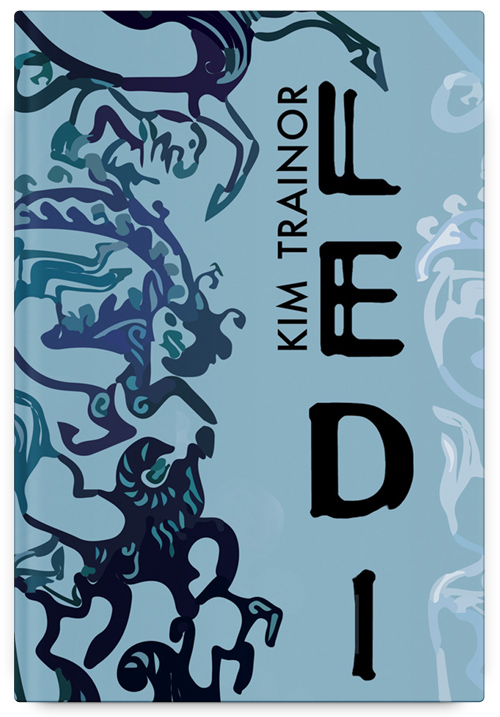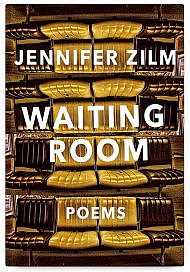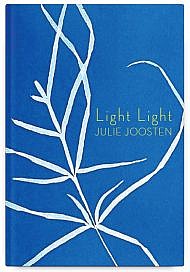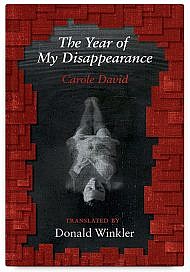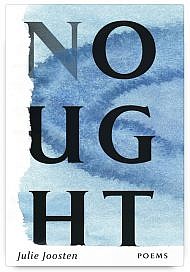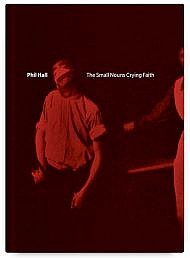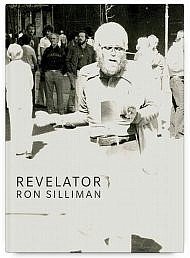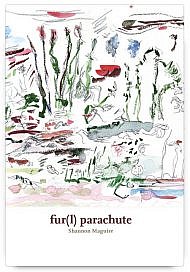Shortlisted for the 2019 Raymond Souster Award
Ledi, the second book by Vancouver poet Kim Trainor, describes the excavation of an Iron Age Pazyryk woman from her ice-bound grave in the steppes of Siberia. Along with the woman’s carefully preserved body, with its blue tattoos of leopards and griffins, grave goods were also discovered—rosehips and wild garlic, translucent vessels carved from horn, snow-white felt stockings and coriander seeds for burning at death. The archaeologist who discovered her, Natalya Polosmak, called her ‘Ledi’—‘the Lady’—and it was speculated that she may have held a ceremonial position such as story teller or shaman within her tribe.
Trainor uses this burial site to undertake the emotional excavation of the death of a former lover by suicide. This book-length poem presents a compelling story in the form of an archaeologist’s notebook, a collage of journal entries, spare lyric poems, inventories, and images. As the poem relates the discovery of Ledi’s gravesite, the narrator attempts simultaneously to reconstruct her own past relationship and the body of her lover.
Watch the Book Launch and Reading:
Praise for Ledi:
“Ledi haunts across epochs. It is a raw embrace with the dead. Grappling observer, exquisite witness, and tender participant in excavation, dissection, and summoning, Trainor latches us to the glorious body’s artifact and to what persists and to what is subsumed and substantiated after our ritual ‘dig’: a threnody of ghostly lingerings, ancestral earth and grasses, a Griffin tattoo, decaying traces, and a desert abloom. Ledi is unforgettable.” —Sandra Ridley, author of the Griffin Poetry Prize shortlisted collection Silvija
Press Coverage for Ledi:
Most Anticipated: Our Fall 2018 Poetry Preview —49th Shelf
The Lucky Seven Interview with Kim Trainor —Open Book
“Trainor recreates the endless small efforts to make sense of something ineffable and unavoidable in its mystery. In the end, it is only the slow work of the wild grasses and flowers that persists where any body could, did, or might have lain.” —Elee Kraljii Gardiner, Prism International
“Trainor’s poetry offers the reader a moving, powerful meditation on mourning as a burial of the dead and “preparing for life after death.” The flowers and grasses found at a burial site of the Iron Age Pasyryk woman known as Ledi, or “the Lady,” inspire memories of the narrator’s dead lover, a man with whom she travelled the American desert and who named and identified all the wildflowers that they found on their way. Through her poems, Trainor weaves these two lives and deaths through the flora and fauna associated with burial practice, so that the past is folded into the present in a quietly stunning memorialization of loss, known and unknown.” —Jury for the 2019 Raymond Souster Award
An Interview with Kim Trainor —The Fiddlehead
“At its core, Ledi is a quietly wise and richly articulate book about the power of loss, grief, ceremony, and love that make us human.” —Jenna Butler, The Ormsby Review
“Although this book is preoccupied with death, Trainor also provides us with lovely breathing spaces through pages of botanical flower descriptions, together with black-and-white photos, that serve to ground us, a reminder in the midst of so much sorrow, of the living.” —Jann Conn, Arc Poetry Magazine
Kim Trainor’s first poetry collection, Karyotype, was published by Brick Books in 2015. Her latest book is Ledi (Book*hug Press, 2018). Her poetry has won the Gustafson Prize, The Malahat Review’s Long Poem Prize and The Antigonish Review’s Great Blue Heron Poetry Contest. In 2018, she was longlisted for the CBC Poetry Prize. Trainor’s work has appeared in the 2013 Global Poetry Anthology and The Best Canadian Poetry in English 2014. She lives in East Vancouver.

